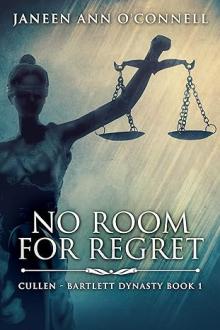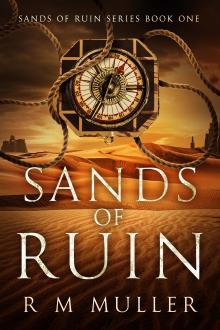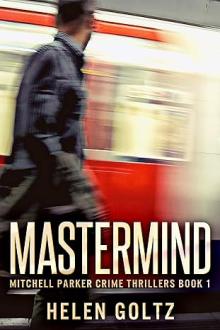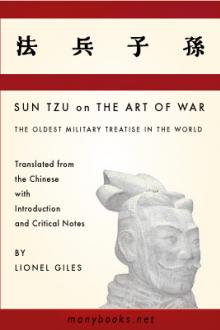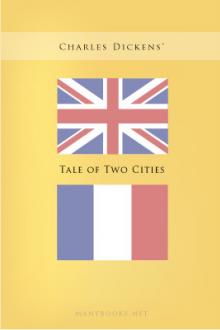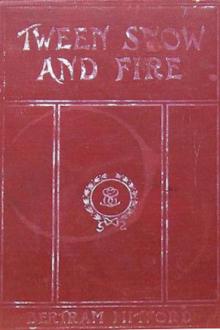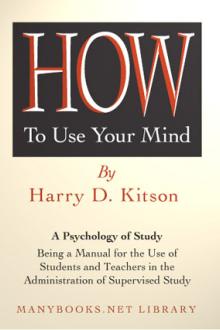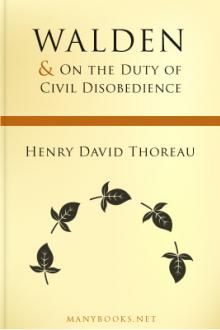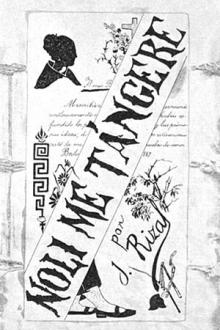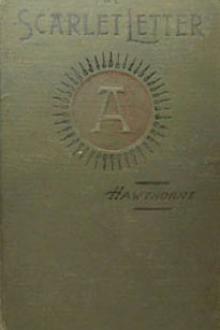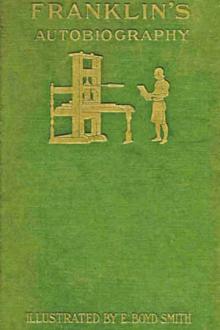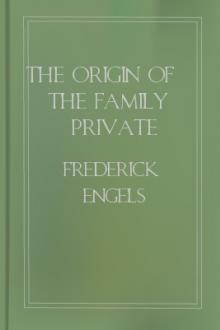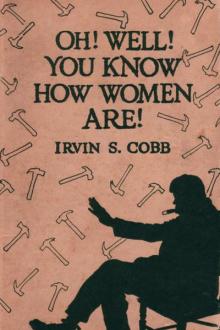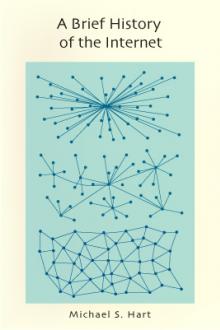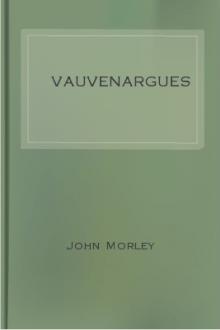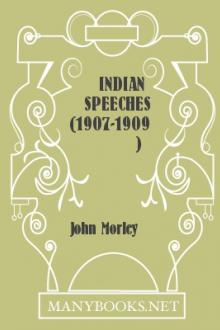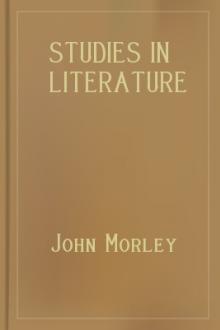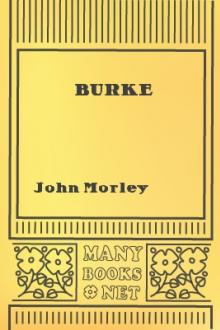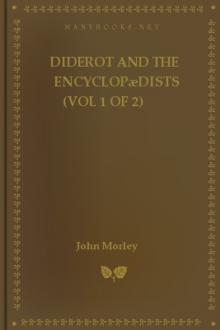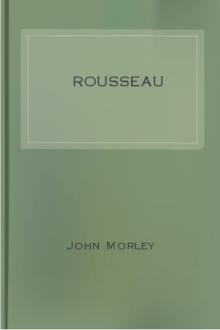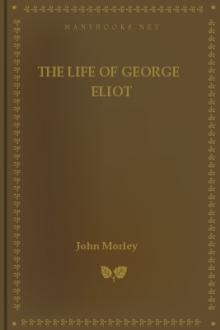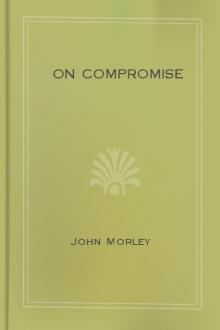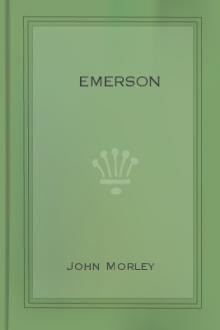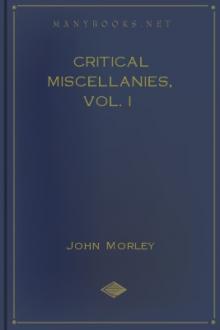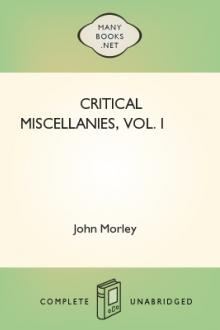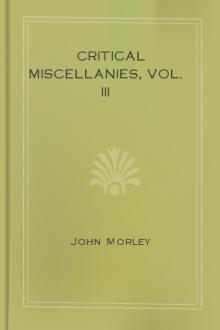France in the Eighteenth Century
France in the Eighteenth Century
Critical Miscellanies, Vol. 3, Essay 8
Book Excerpt
ial structure, showed itself first of all. Rousseau, not merely in the judgment of a foreigner like myself, but in that of the very highest of all native authorities, Sainte Beuve, effected the greatest revolution that the French tongue had undergone since Pascal. And this revolution was more remarkable for nothing than for its repudiation of nearly all the notes of classicism that are enumerated by M. Taine. Diderot, again, in every page of his work, whether he is discussing painting, manners, science, the drama, poetry, or philosophy, abounds and overabounds in those details, particularities, and special marks of the individual, which are, as M. Taine rightly says, alien to the classic genius. Both Rousseau and Diderot, considered as men of letters, were conscious literary revolutionists, before they were used as half-conscious social revolutionists. They deliberately put away from them the entire classic tradition as to the dignity of personage proper to art, and the symmetry and fixed method proper to art
FREE EBOOKS AND DEALS
(view all)Popular books in Essays, History
Readers reviews
0.0
LoginSign up
Be the first to review this book
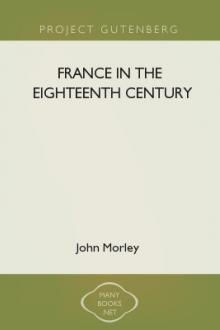
 Free Download
Free Download

